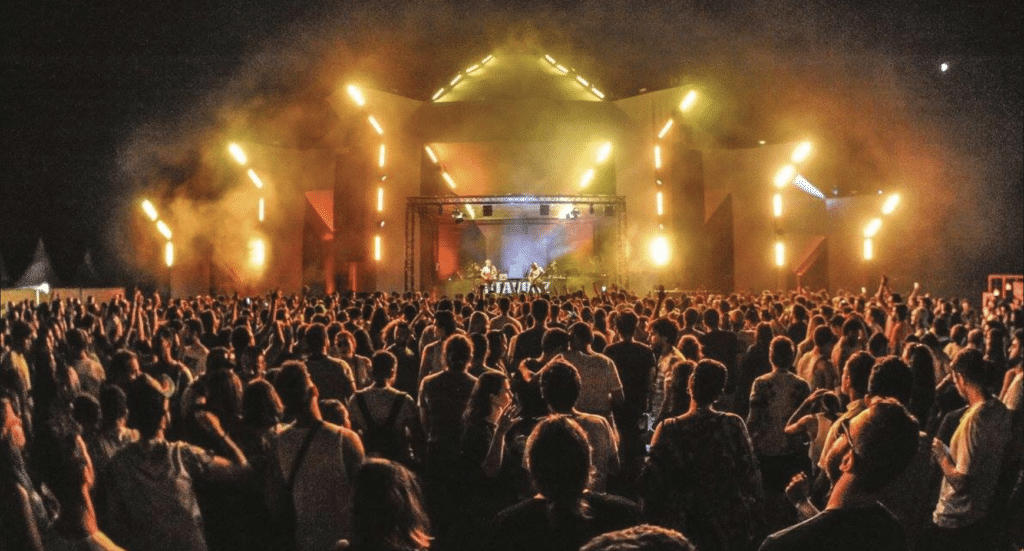« Turkey, with President Recep Tayyip Erdoğan and his conservative and ultra-nationalist partners in the lead, whirls in a destructive vortex. And it accelerates. Certainly, the phenomenon has to do with the dead-end the current administration finds itself in, due to the unprecedented, multilayered crisis — in the political system, economy, social upheaval, and the « mafia-isation » of the bureaucracy » reports Yavuz Baydar in Ahval News.
This leaves Erdoğan with the choices reminiscent of the playbooks of all autocrats and dictators before him:
Create and escalate crisis at home and abroad and tighten the screws of oppression. On foreign policy, Erdoğan and his team seem to see an opening in expansionism, as demonstrated by preparations for a massive « double operation” into Syria and Iraq, where the Kurdish population lives. NATO will see its credibility tested as Turkey’s swift blockading of Sweden and Finland’s membership turns into a long-term stall, and Greece feels the heat of Turkish irredentism in escalation.
As the outside world — including Sweden and Greece — is busy reorienting itself to a new world triggered by the Russian invasion, the next targets domestically for Erdoğan and his allies are in two areas: Arts and social media. In the past 10 days or so, a new pattern of oppression has emerged. The Turkish authorities and governing Justice and Development Party (AKP) municipalities have been busy banning music concerts.
It began in Eskişehir – a university town run by a secular municipality, where a traditional series of music and art events have been held annually called « Anadolu Fest”. Famous pop and rock musicians like Teoman, Can Bonomo, Haluk Levent, Levent Yüksel, Hayko Cepkin, Gazapizm and Yeni Türkü group were expected to perform. After the governor issued a ban (citing public safety), objections did not lead anywhere. The event had to be cancelled.
Soon after, two concerts by internationally renowned Kurdish singer Aynur Doğan were forbidden, this time by two municipalities, which arbitrarily issued decisions, again citing public security. Several bans on Kurdish musicians and artists followed: Brothers Metin and Kemal Kahraman — of Dersim province — saw their concert go up in smoke in the mainly Kurdish town of Muş after a decision by its governor. Mem Ararat, a Kurdish singer from Mardin, was prohibited from performing in Bursa by the governor there, who cited the same reasons. Amed City Theater had planned to perform « Don Quixote” in Kurdish in the western city of Izmit — another ban. (Perhaps they were not that surprised, because their Kurdish performance of Moliere’s « Tartuffe” had seen similar harassment in the southeastern city of Mardin).
Next in line was Niyazi Koyuncu, a rock musician from the eastern Black Sea region (he had performed at main opposition party events) and Melek Mosso, a female pop singer, who was scheduled to perform next week in the « Rose Festival” in Isparta, which is famous for its roses. Mosso’s case widened the scope of bans: The municipality in Isparta argued that she represented « immorality”, which it saw as unacceptable to « traditions”.
The bans went viral on social media. Not only were Turkish and Kurdish performers barred from appearing on stage but foreigners too. Matthaios Tsahouridis, a « kamancha” (lyra) master, was shown a red card before he could perform at the celebrations of Trabzonspor, the soccer club that just won Turkey’s super league. Ara Malikian, a Spanish-Armenian violin virtuoso, was barred from performing at a festival despite it being organised by the Ministry of Culture. A South Korean singer was also banned because she represented the LGBT community.
So on and so forth.
One thing is clear: During one blackout after another, Turkey’s Interior Ministry and the municipalities seem to be working in sync. There is no doubt that, given growing social frustration with the economy, 70 percent inflation and the collapse of the lira, the authorities are extremely worried that any large public gathering may develop into unrest or a display of discontent.
In enacting new measures to enhance “kulturkampf”, which has coincided with the 9th anniversary of nationwide Gezi Park protests against the government, the authorities seem to have secured the backing of local conservative pressure groups. In many cases, campaigns by the groups on social media sought to ease the way for the bans. Perhaps not surprisingly, Islamists and ultra-nationalists seem united, with the former opposing feminist and secular artists and the latter Kurdish, Armenian and foreign musicians. The remarkable silence from Turkey’s broader community of musicians also shows that polarisation is entrenching further in the country.
No one can deny the unifying, amplifying power of musical performance. Thus, music has become the enemy.
Burhan Şeşen, a popular singer from Ankara who has also been banned from performing, joked: « Now we expect Diyanet, the top Sunni religious authority, to issue an edict declaring music as a sin.”
But there is more. A new, massive « digital censorship bill” presented to parliament late last week. Neatly wrapped under the term « disinformation”, it targets social media accounts and internet news sites.
The bill foresees jail sentences of between one and three years for anyone who is deemed to have « publicly disseminated false information” regarding « national security, public order that creates anxiety, fear, or panic among the population or disturbs public peace”. In addition, the legislation aims to shackle alternative online news sites by enforcing strict registration.
The remaining channels of free speech in Turkey are now faced with deeper fear and self-censorship. The bill will most likely become law by the end of June.
So, this is the broader context. Turkey tumbles into a free fall in which its future as a stable country is at stake. It stands at an historically critical threshold of choices: Advance further into solid autocracy or emerge from the crisis as a turbulent country seeking a way out into freedom and peace.
Ahval News, May 30, 2022, Yavuz Baydar

